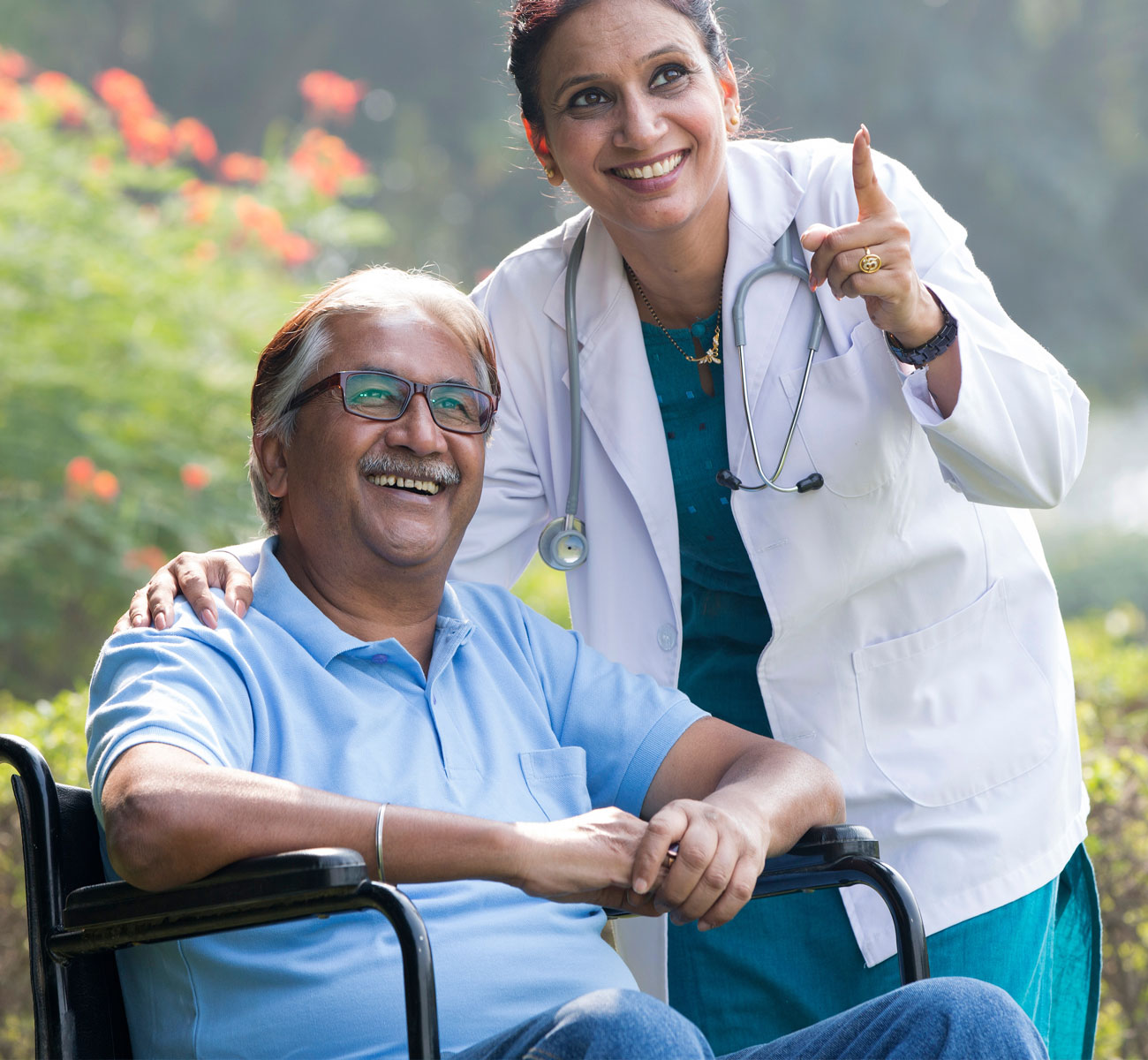
Caring for an elderly loved one at home can be a deeply fulfilling experience, but it comes with its unique challenges. Providing the best elder care requires a combination of compassion, preparation, and knowledge about their specific needs. Here are some essential tips to help you create a nurturing and safe environment for your loved one.
1. Understand Their Needs
The foundation of quality elder care begins with understanding the specific needs of your loved one. Consider their physical health, mobility, cognitive abilities, and emotional well-being. For instance, someone with arthritis might require assistance with daily activities, while a person with dementia might need memory support and a structured routine.
Conduct regular check-ins to assess any changes in their condition, as their needs may evolve over time.
2. Create a Safe Environment
Safety should be a top priority. Start by minimizing fall risks within the home. This could include:
- Installing grab bars in bathrooms.
- Removing loose rugs and clutter.
- Ensuring proper lighting in hallways and staircases.
You should also consider emergency preparedness. Equip the home with fire alarms, and keep emergency contact numbers easily accessible.
3. Foster a Healthy Routine
Routines help provide structure and comfort for the elderly. Establish a daily schedule that includes:
- Nutritious meals.
- Physical activities suited to their abilities, such as walking or light stretching.
- Adequate sleep and rest periods.
This consistency can improve their physical and mental well-being.
4. Address Emotional and Social Needs
Social isolation is a common challenge for older adults. To support emotional well-being:
- Encourage regular interaction with family and friends.
- Arrange video calls with distant relatives.
- Explore community programs or senior centers.
Hobbies like reading, knitting, or gardening can also give them a sense of purpose.
5. Prioritize Their Nutrition
A balanced diet is critical for maintaining health and energy levels. Plan meals rich in essential nutrients such as:
- Calcium for bone strength.
- Fiber for digestion.
- Protein for muscle maintenance.
If your loved one has specific dietary restrictions, consult a healthcare professional for guidance.
6. Promote Independence
While providing assistance is crucial, it’s equally important to encourage independence wherever possible. This can boost their confidence and sense of autonomy. For example:
- Allow them to dress themselves if they can.
- Provide tools like jar openers or easy-to-use gadgets to make tasks simpler.
7. Manage Medications
Elderly individuals often have multiple medications to manage. Keep track of prescriptions and dosages by using a medication organizer or setting reminders. Always consult their doctor or pharmacist about possible side effects or interactions.
8. Learn Caregiving Skills
Consider taking a caregiving course or seeking guidance from healthcare professionals. Topics like first aid, safe lifting techniques, and dealing with cognitive decline can empower you to provide better care.
9. Use Technology for Support
Modern technology can make caregiving more efficient. From medical alert systems to apps that track medication schedules, there are countless tools designed to assist caregivers. Video monitoring systems can also provide peace of mind by allowing you to check in remotely.
10. Seek Support When Needed
Caring for an elderly loved one can be overwhelming. Don’t hesitate to ask for help. Family members, friends, and professional caregivers can share the load. Additionally, joining caregiver support groups can provide emotional relief and practical advice.
Conclusion
Providing elder care in Chennai at home requires patience, dedication, and a willingness to adapt. By focusing on their physical, emotional, and social needs, you can create a positive environment that enhances their quality of life. Remember, self-care is also essential. When you prioritize your well-being, you’ll be better equipped to support your loved one.





Leave a Reply